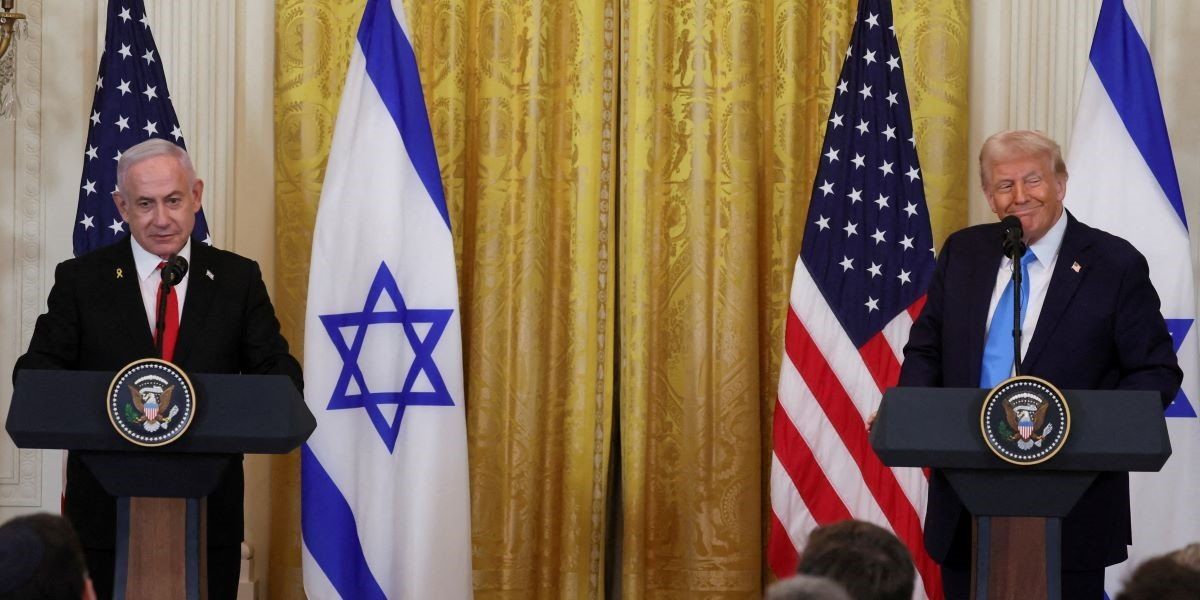Recent US intelligence reports indicate Israel is considering strikes on Iranian nuclear sites in 2025. The assessment, produced during the waning days of the Biden administration, suggests Israel sees an opportunity to act in the face of Iran’s weakened military capabilities, loss of regional allies, and economic challenges.
If a strike is carried out, Eurasia Group expert Greg Brew says Iran’s nuclear program would likely be “damaged but not destroyed” and that any such move would need US involvement to “eliminate the risk that Iran dashes to a bomb immediately after.”
Any meaningful strike would require extensive US involvement – from providing munitions and possibly aircraft to offering defensive support against Iranian retaliation. A truly successful operation would have to target fortified facilities like Natanz and Fordow, which are both deeply entrenched underground, and only US military capabilities can effectively reach them.
That means it’s Trump’s call. Although the US president has reimposed his “maximum pressure” policy against Iran, Brew says, “Trump has made it clear that he’s more interested in talking, not bombing — at least initially.”
But, Brew adds, “It’s possible the timely leak of these intel reports is part of a US strategy, presenting Iran with two options: Make a deal, or Israel will bomb you.”
